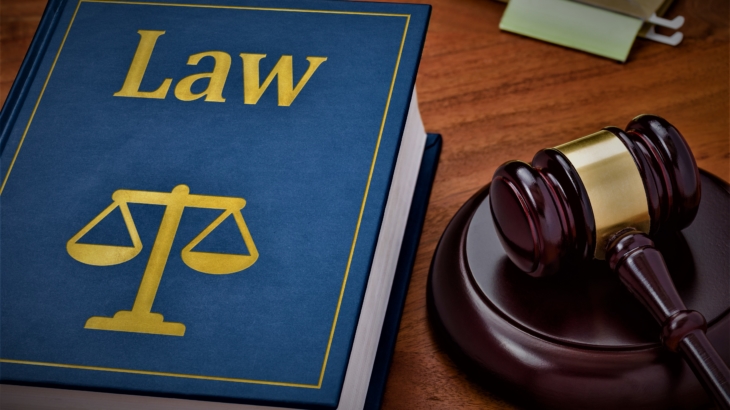Ideals for Legitimate Government: The Declaration of Independence, and Rule of Law
“He has refused his Assent to Laws, the most wholesome and necessary for the public good.”
In the first grievance, we get a comprehensive view of the reason for declaring independence. While there are other grievances, and there are those that fall into a different category of grievance, the refusal to abide by law, and for the Crown to replace will for law, is the foundation of all claims justifying the move to independence.
The Preamble provides a statement about severing ties with Great Britain, a rebellious, and thus, lawless act. The Declaration of Independence was an act of treason from the view of Great Britain. To those unwedded from the historical record, or who have allegiances to the Crown, the signers were nothing more than disgruntled colonists looking to break away from Britain for no reason other than self-interest. The reason why most of us today do not view it as such is because the rebels were successful, and the U.S. has become the greatest republic on historical record. But that sort of post hoc justification is shallow and without merit. The goodness of the Declaration, and the intentions of the signers, is best found in the grievances as therein lies a justification for independence through the pursuit of the public good as achieved intentionally through the rule of law and proper governance.
There is a difference between just and unjust rebellion and the signers are making the case that their actions are just because of their commitment to the law and King George’s refusal to abide by law and accepted practice. John Locke, the obvious muse of Thomas Jefferson, wrote, “The difference betwixt a king and a tyrant to consist only in this, that one makes the laws the bounds of his power, and the good of the public, the end of government; the other makes all give way to his own will and appetite…Where-ever law ends, tyranny begins.” By positioning their actions within the context of law, those signing the Declaration position themselves within a tradition that authorized the dissolution of government when the rule of law was no longer in force.
The Declaration is usually read as a philosophical document rather than a governing document. A political theory can certainly be distilled from the Preamble and the grievances, but the grievances themselves serve as a governance structure. More than a theoretical justification for independence, or an articulation of high-minded ideals that a government ought to embody, the grievances lay out in practical terms how a government should function by providing the contrasting vision of legitimate government. An illegitimate government is ruled by an executive that refuses to assent to the laws; therefore, a legitimate government must have an executive that adheres to and enforces duly passed legislation.
Embodied with the first grievance is the political principle that laws passed by a representative body should be assented to by the executive body. Thus, the assumption is that there needs to be a separation between the legislative and executive functions of government and that those two bodies are equal. It also posits that the laws, and not the caprice or whim of those in government, ought to restrict the actions of the government. The primacy of the rule of law is clear throughout the Declaration, but the first grievance gives us a clear articulation of a separation of powers as being essential to—if not an assumed trait of—legitimate government. While itself a governing document, it does anticipate the modes and orders that would be codified in the U.S. Constitution.
 Kyle Scott, PhD, MBA serves on the Board of Trustees for the Lone Star College System and teaches political science at the University of Houston and is an affiliated scholar with the Baylor College of Medicine’s Center for Health Policy and Medical Ethics. Kyle has authored over 70 op-eds, dozens of academic articles and five books, the most recent of which is The Limits of Politics: Making the Case for Literature in Political Analysis. He can be reached at kyle.a.scott@hotmail.com or on Twitter: @kanthonyscott.
Kyle Scott, PhD, MBA serves on the Board of Trustees for the Lone Star College System and teaches political science at the University of Houston and is an affiliated scholar with the Baylor College of Medicine’s Center for Health Policy and Medical Ethics. Kyle has authored over 70 op-eds, dozens of academic articles and five books, the most recent of which is The Limits of Politics: Making the Case for Literature in Political Analysis. He can be reached at kyle.a.scott@hotmail.com or on Twitter: @kanthonyscott.

Podcast by Maureen Quinn




I always thought of the Declaration as the WHY the United States was formed, and the Constitution is the HOW, the mechanics of making our Republican Form of government work.